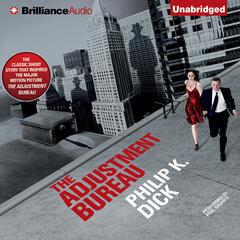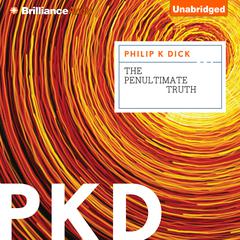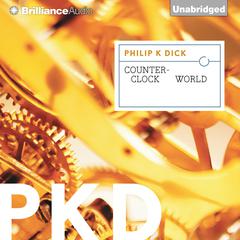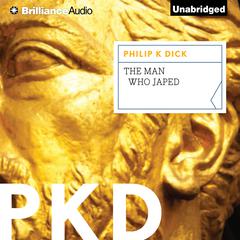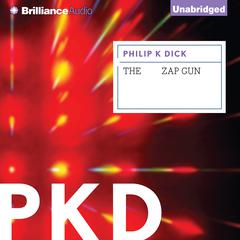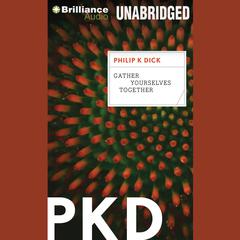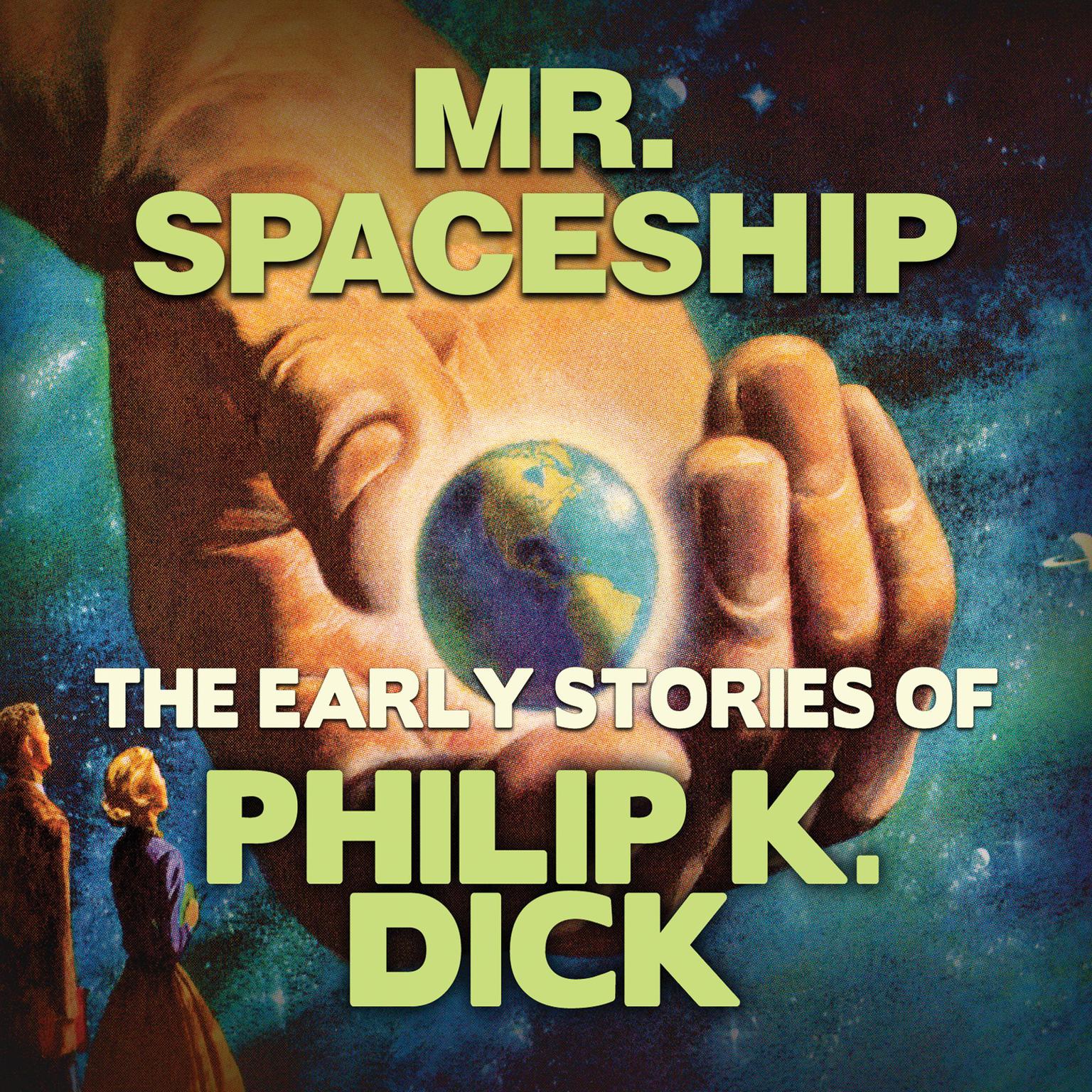 Play Audiobook Sample
Play Audiobook Sample
Mr. Spaceship Audiobook
 Play Audiobook Sample
Play Audiobook Sample
Quick Stats About this Audiobook
Total Audiobook Chapters:
Longest Chapter Length:
Shortest Chapter Length:
Average Chapter Length:
Audiobooks by this Author:
Publisher Description
In Mr. Spaceship, humans in the distant future are at war with alien life forms known as Yuks. Using outdated, mechanical machines to wage war against the life-based weapons of the advanced Yuks, a research team decides to build a spaceship powered by a human brain. Enlisting a dying professor who agrees to donate his brain to the project, the humans believe they have turned the tables on the Yuks. But the spaceship has other plans.
Download and start listening now!
"This was an interesting read from Philip K. Dick - a short story about embedding a human brain into an inanimate object. In the usual Philip K. Dick way, the story was well-written. A little bit of a corny ending, but still an interesting premise."
— Joe (4 out of 5 stars)
Mr. Spaceship Listener Reviews
-
" Decent shory story. The ending feels rushed but the premise is interesting and I appreciate the anti-war philosophy. "
— David, 12/29/2013 -
" It's a good story, but the ending is weak. I get the metaphorical context, but I just didn't find it satisfying. "
— B.C., 9/16/2013 -
" Seemed it was written by a teenager. Thin plot, poor conversations. Important decisions of war are made in spur of the moment. "
— torque, 9/1/2013 -
" I narrated this as an audiobook now available on audible.com. Interesting things happen when they replaced the Johnson steering system on a spaceship with a man's brain. Interestingly enough they chose an old man. "
— Mike, 1/22/2012 -
" Mind-bending short story by PKD. "
— James, 7/22/2011 -
" A fun story and brief read. A meeting of the minds, technology and man. The man has a mind all his own. Story is enjoyable to read and even all the way through, and there is a payoff at the end. "
— TheWhistler, 11/15/2010 -
" The ending seemed samey, then you remember: he wrote that before Star Trek was invented. "
— Paul, 10/21/2010 -
" It was simple and enjoyable. I really liked what he did with the ending, the little "nudge nudge" he gives the reader. "
— Ryan, 8/6/2010 -
" I think what I can't get past with Phillip Dick sometimes is that the ideas that he puts out were not overused when he wrote them. From my standpoint, the premises are a little tired, but he was one of the pioneers who birthed these images and concepts into the popular consciousness. "
— Anthony, 10/9/2009 -
" Good then cheesy "
— Jon, 6/28/2009 -
" At war against an alien race, Earth needs an answer to the biological weapons they face. Enter a spaceship with a human brain. And then the unexpected happens. "
— James, 2/17/2009
About Philip K. Dick
Philip K. Dick (1928–1982) published thirty-six science fiction novels and 121 short stories in which he explored the essence of what makes man human and the dangers of centralized power. Toward the end of his life, his work turned toward deeply personal, metaphysical questions concerning the nature of God. Eleven novels and short stories have been adapted to film, notably Blade Runner (based on Do Androids Dream of Electric Sheep?), Total Recall, Minority Report, and A Scanner Darkly. The recipient of critical acclaim and numerous awards throughout his career, Dick was inducted into the Science Fiction Hall of Fame in 2005, and in 2007 the Library of America published a selection of his novels in three volumes. His work has been translated into more than twenty-five languages.
About Chris Lutkin
Chris Lutkin has been in and around the business of acting for more than twenty-five years. A member of Ensemble Studio Theater for twenty years, his proud moments include being directed by Jerry Zaks in a play called Buddy-Pals and working with Horton Foote on his play Lily Dale playing Horace, and putting in more than four hundred off-Broadway performances in a Perfect Crime.










